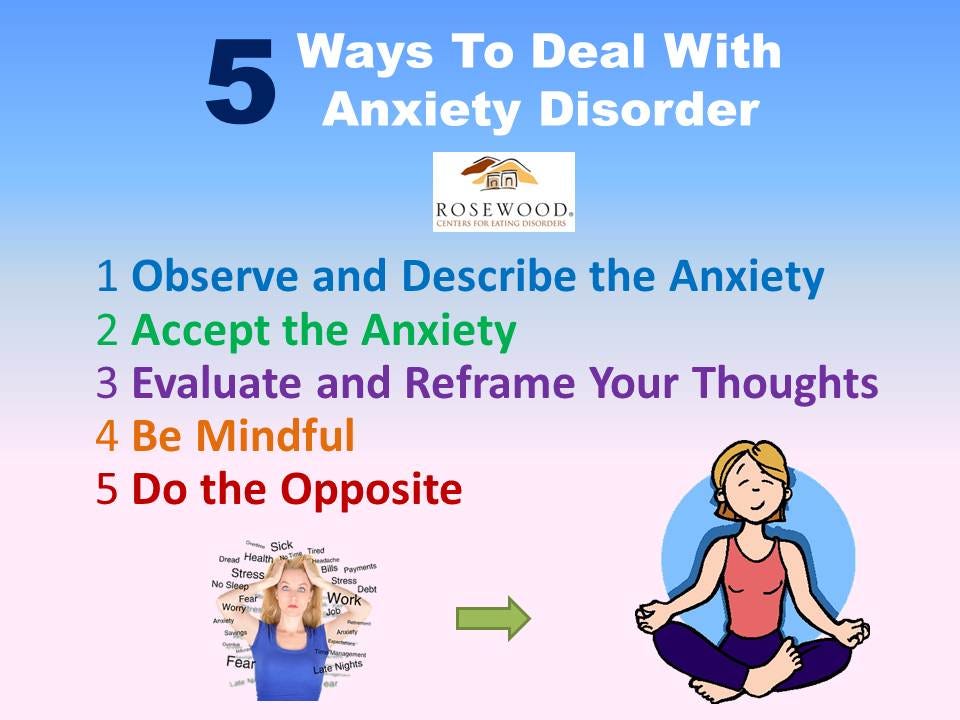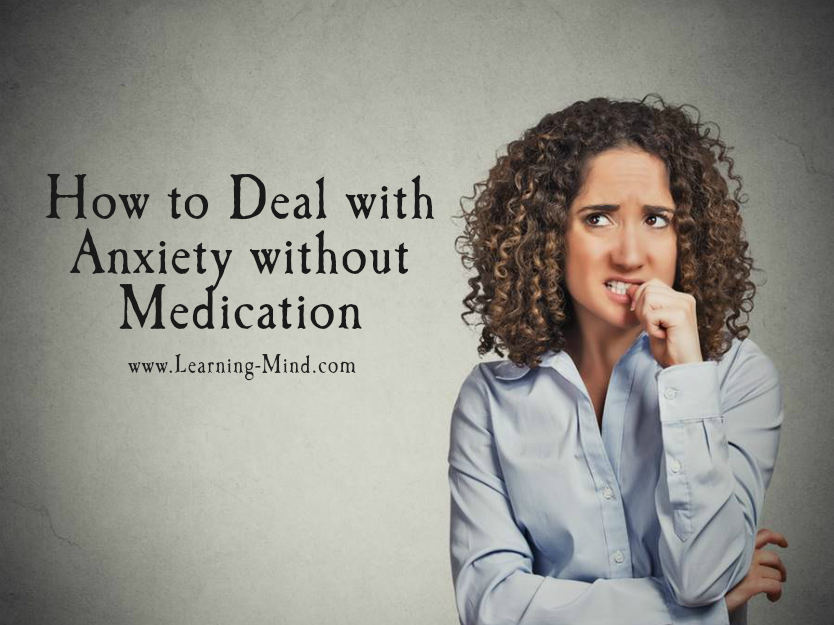Beautiful Work Info About How To Deal With Anxiety Issues
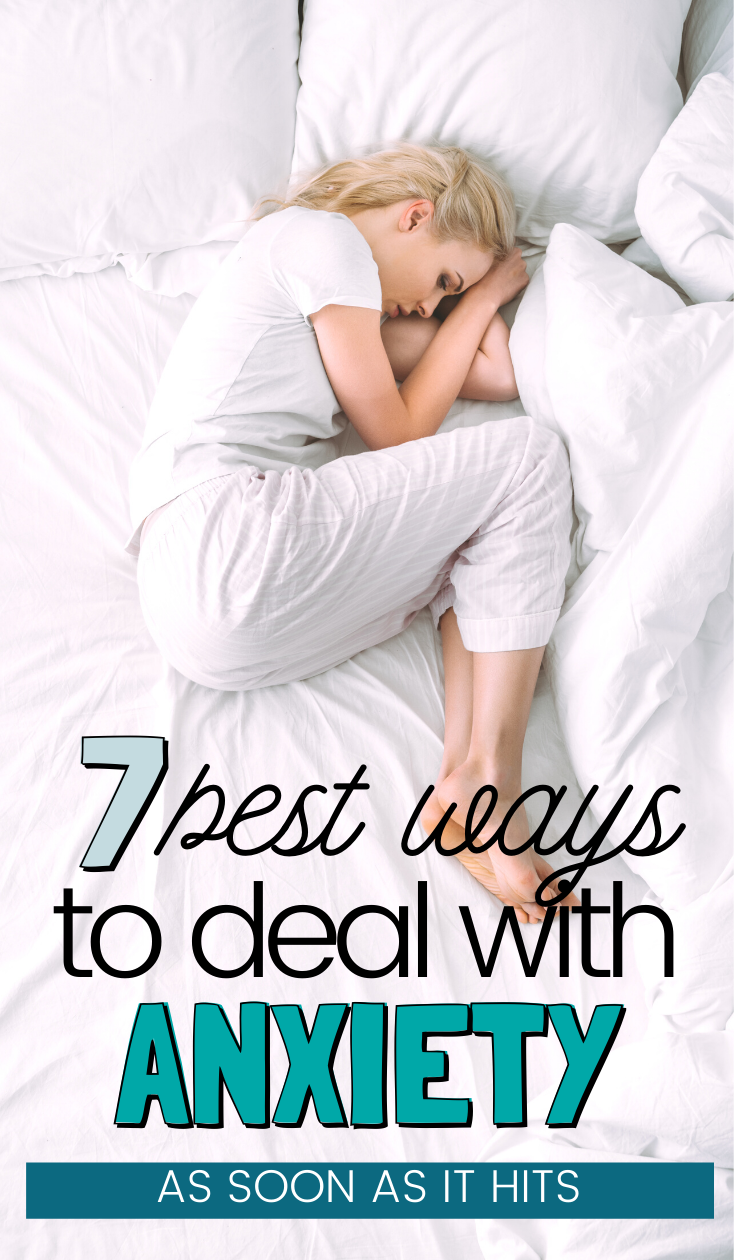
However, people with anxiety disorders frequently have intense, excessive and persistent worry and fear about everyday situations.
How to deal with anxiety issues. The technique for this involves: Unhelpful thoughts can take root in your mind and distort the severity of the. Make sure that you are working on your own stress and anxiety, because the way you feel can have an effect on the way others feel, especially as you spend more and more time again.
Certain antidepressants are also used to treat anxiety disorders. By decelerating and reflecting on eight prompts, you can learn how to process. Understanding what incites your anxiety can help you avoid or cope with situations that cause you anxiety.
Get active to burn off tension tip 3: If you're dealing with anxiety yourself, the other person is going to deal with more anxiety as well. Sweating nausea feeling edgy and/or restless shortness of breath diarrhea getting easily fatigued anxious thoughts people with anxiety often have thought patterns such as:
Mindfulness read advice and support on coping with anxiety. The brain needs sleep to thrive. Studies show that most adults need seven or more hours of sleep a night.
Many times anxiety stems from fearing things that haven’t even happened and may never. Going to bed and waking at the same time also helps you create healthy sleep habits. Putting too much on your plate may increase your stress load and limit the amount of time you can.
Find relaxation or meditation apps that appeal to you and give them try. Schedule activities otherwise you might not do them. Breathing in slowly through the nose.
Holding the breath in for several seconds. If you think you may have an anxiety disorder, getting a physical examination from a health care provider may help them diagnose your symptoms and find the right treatment. Use your senses to stay present in the moment tip 4:
5 immediate skills for coping with anxiety 1. Nicotine and caffeine can worsen anxiety. Use stress management and relaxation techniques.
You may prefer an app that guides you through your thoughts to help you release anxiety. Control your breathing to ease tension tip 7: His training included using a special device to help strengthen his neck to cope with long periods of needing to look over his shoulder.
Working with a mental health provider can be a helpful way to understand your anxiety symptoms and develop. Coping with anxiety tip 1: Find out about common symptoms of anxiety, possible reasons for it and what to do when you’re anxious.

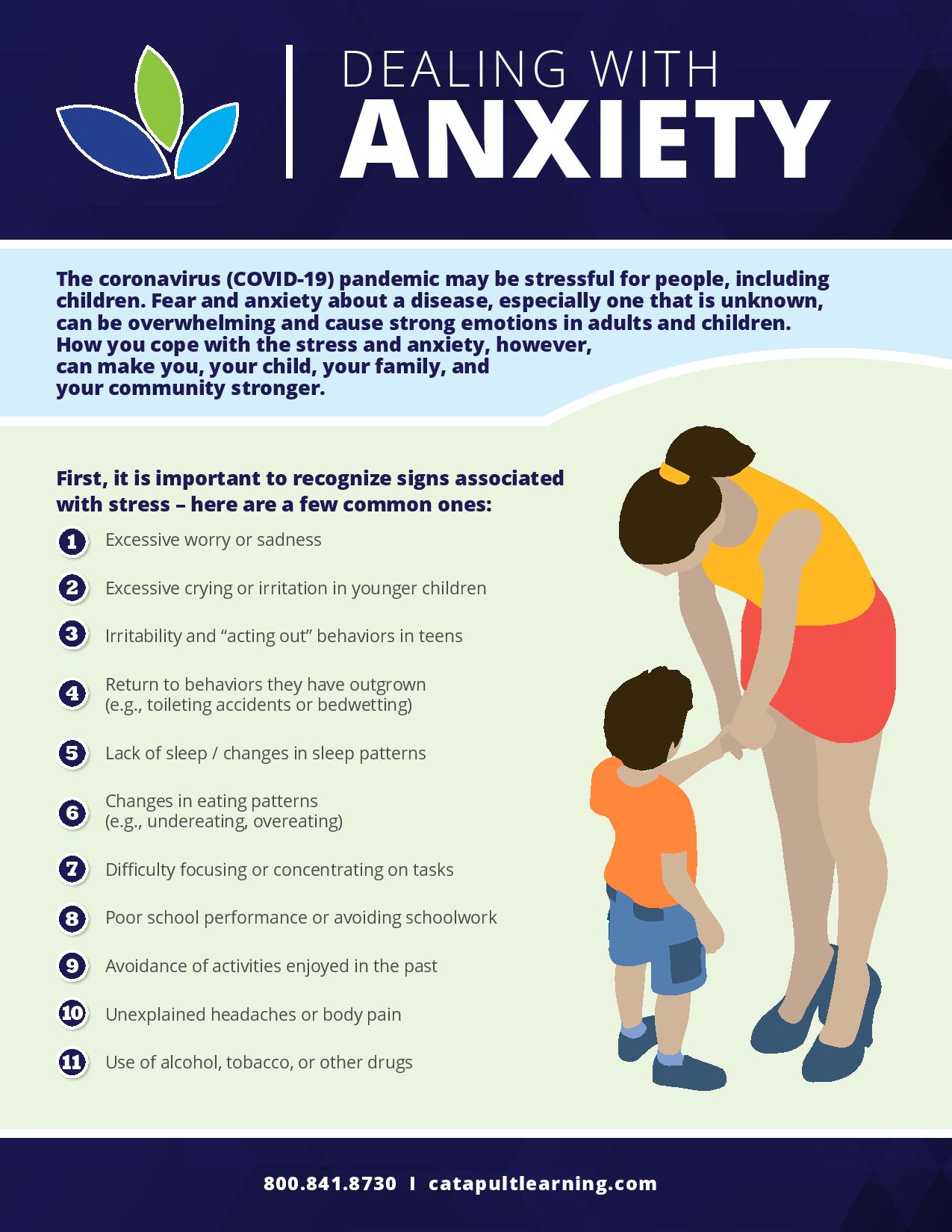
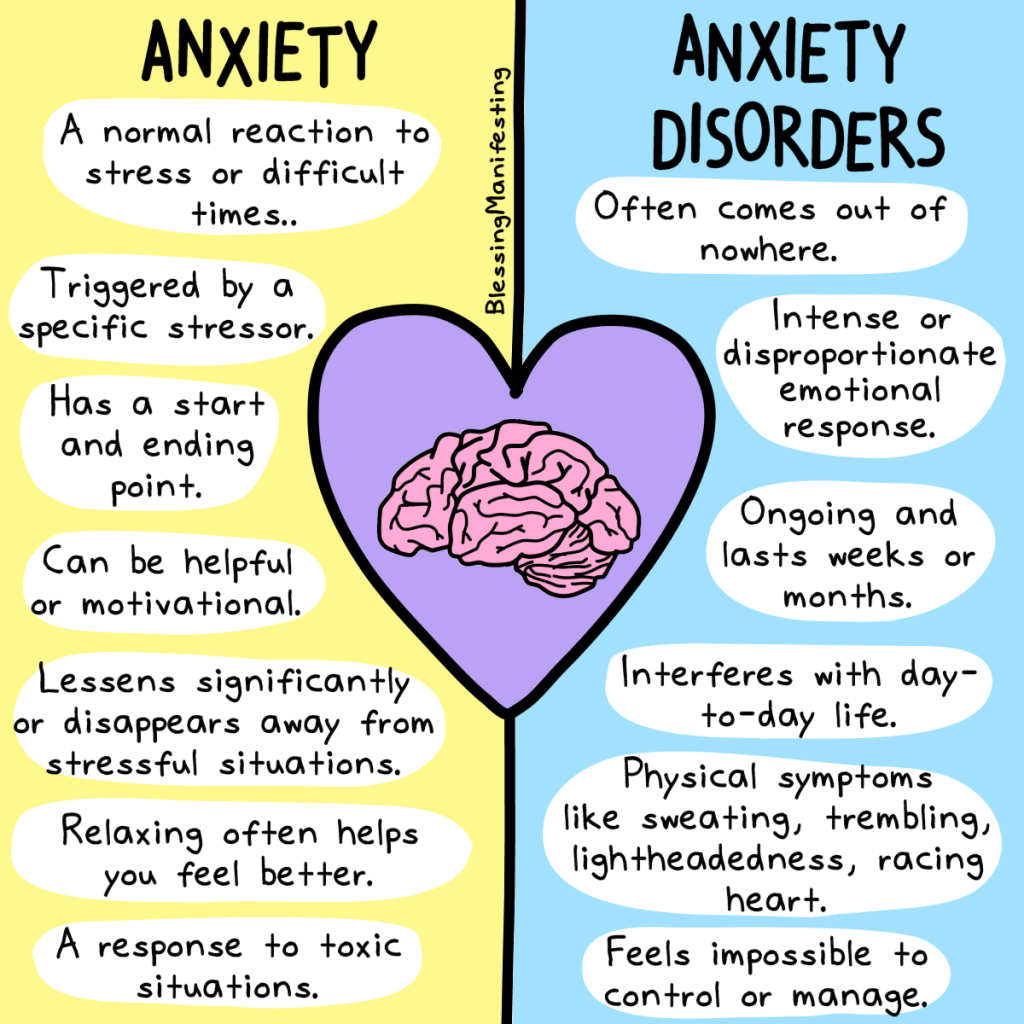
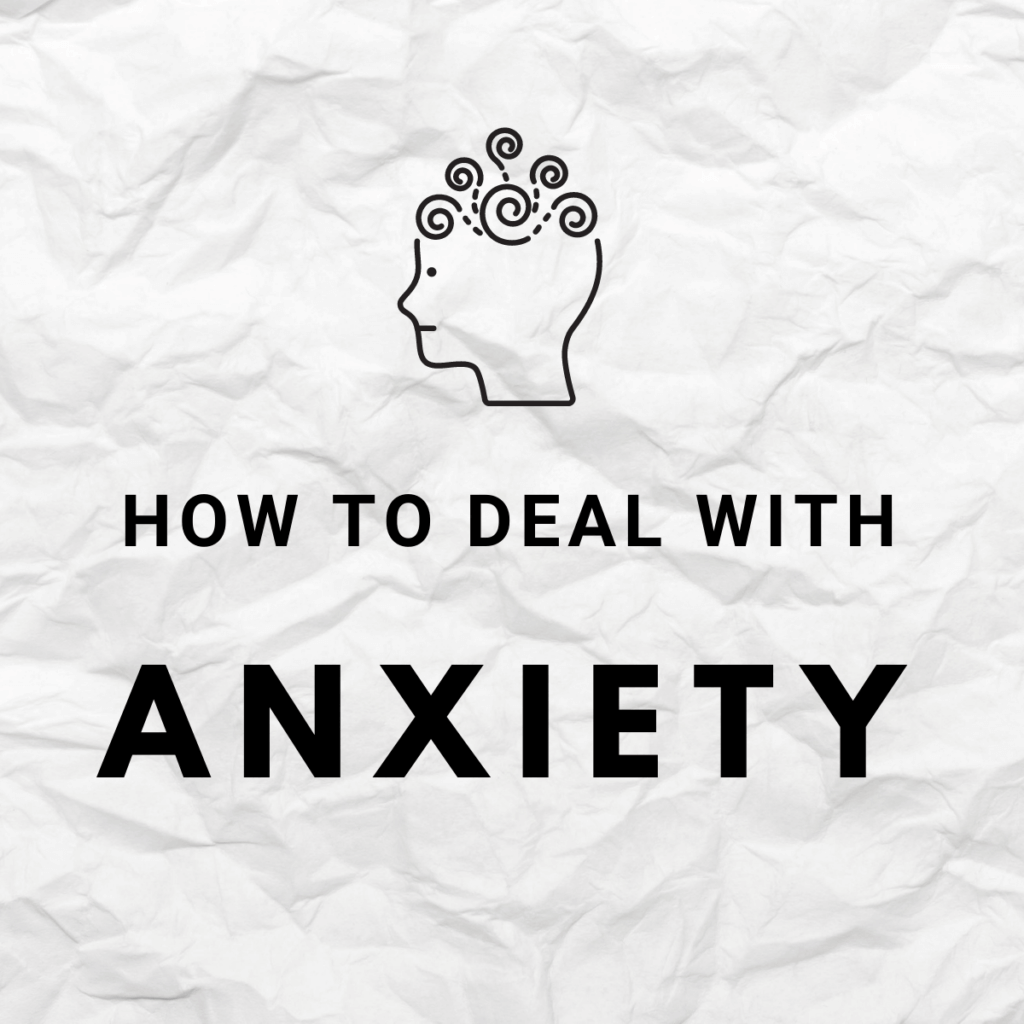

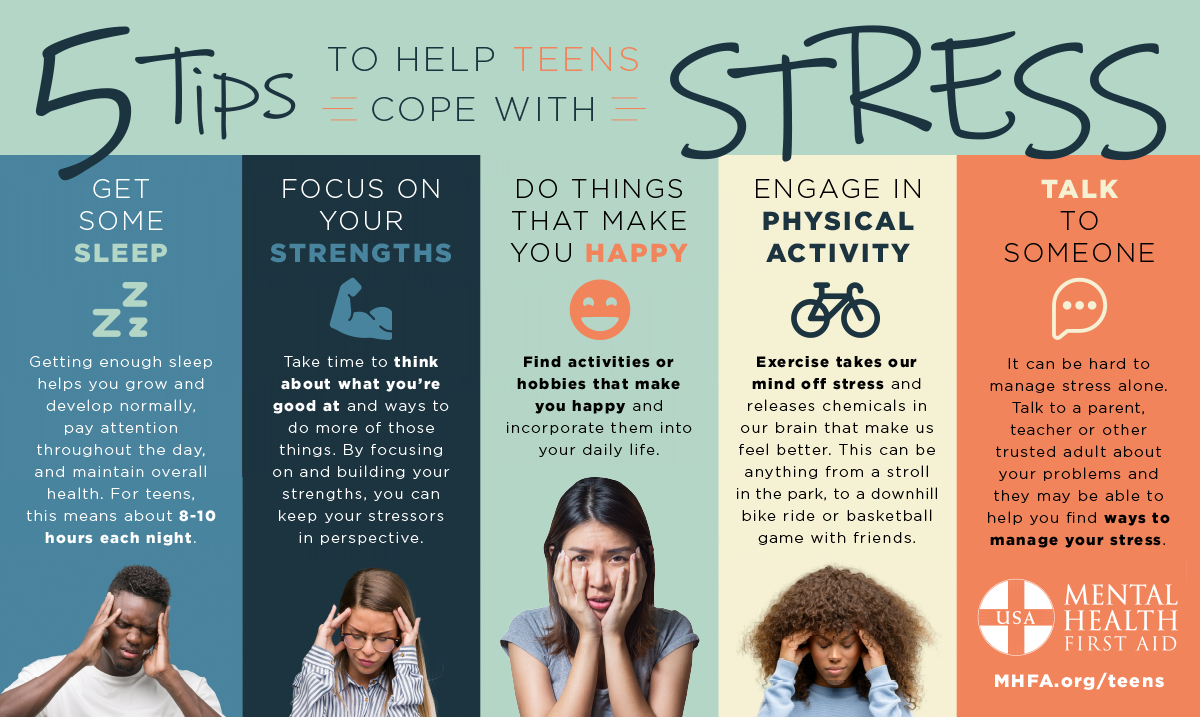
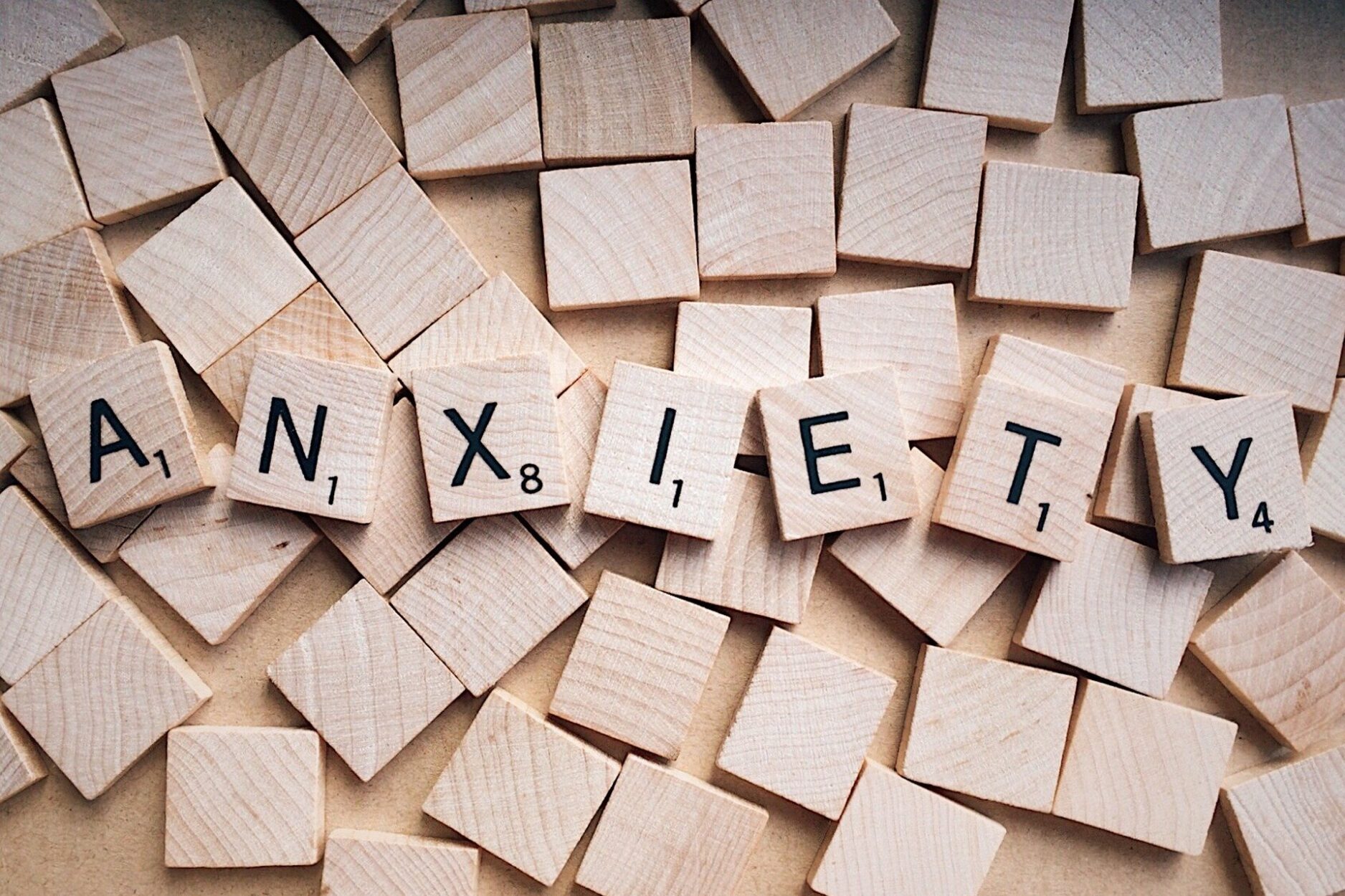



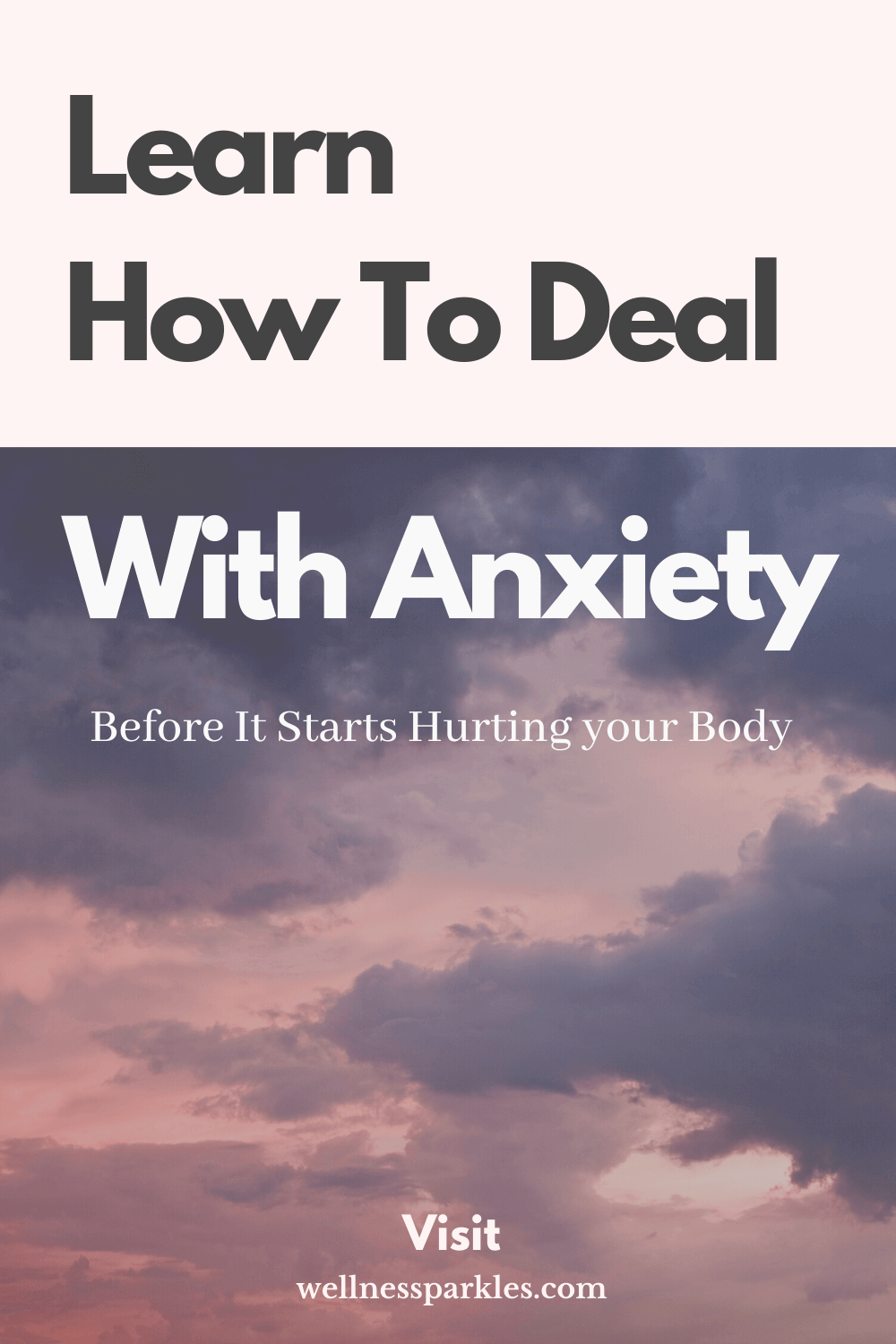

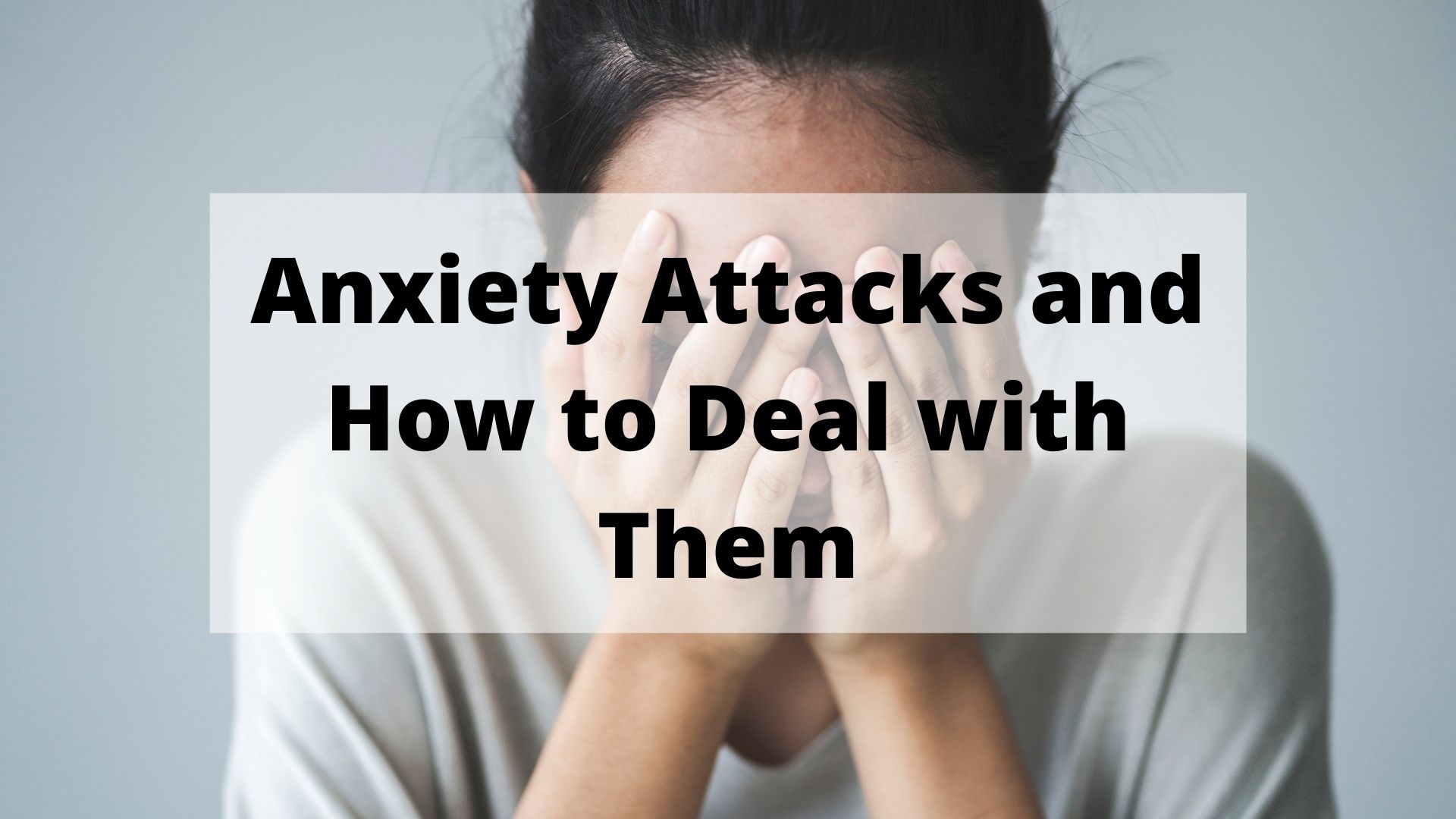
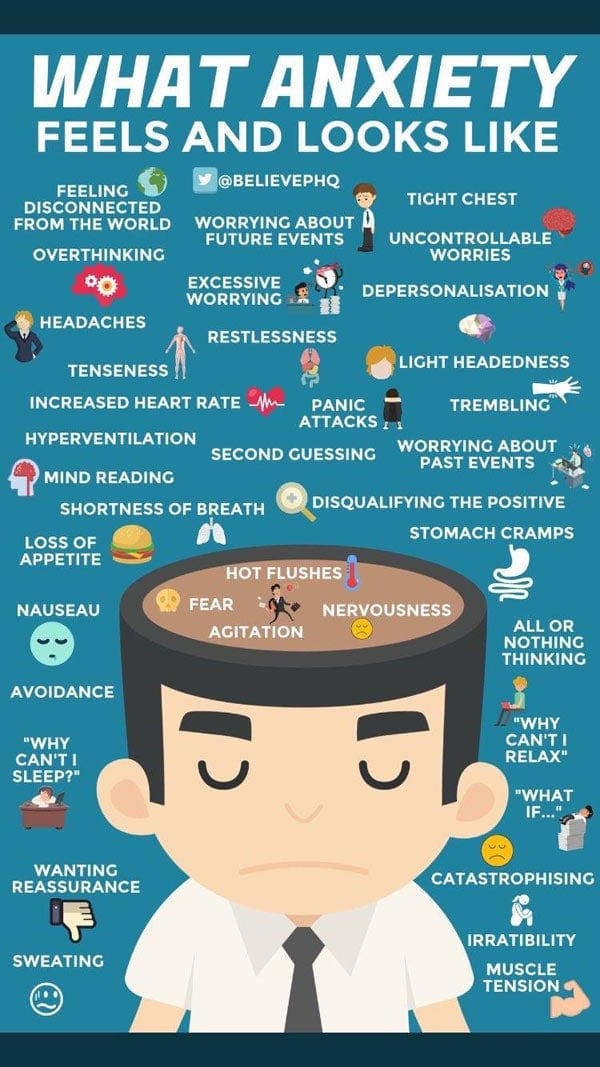
:max_bytes(150000):strip_icc()/how-to-cope-with-generalized-anxiety-disorder-1393164-33fd4592dab44d3dbb1e6bf395714f99.png)

